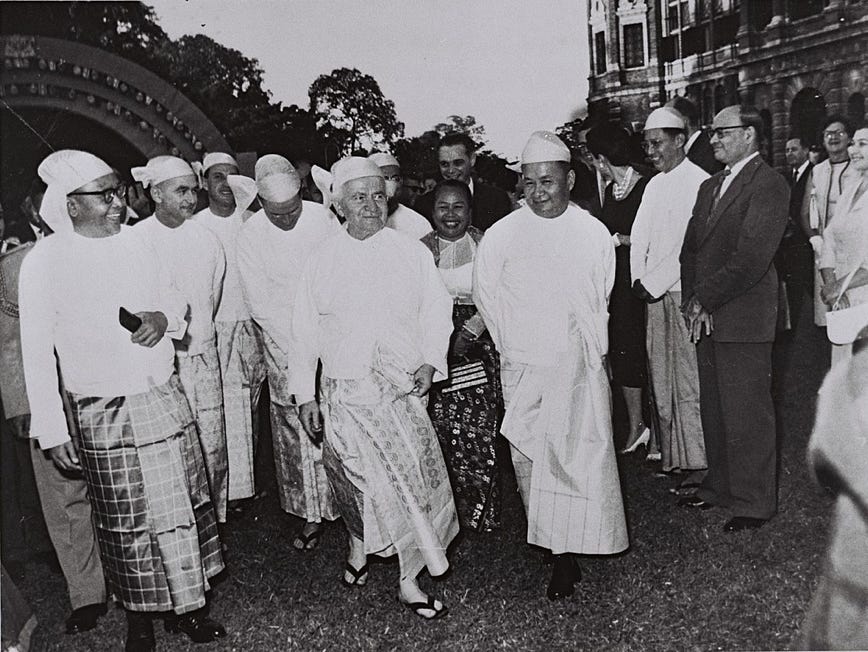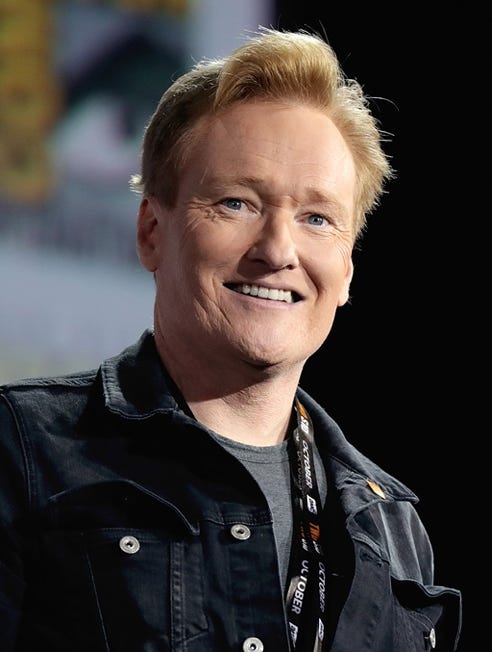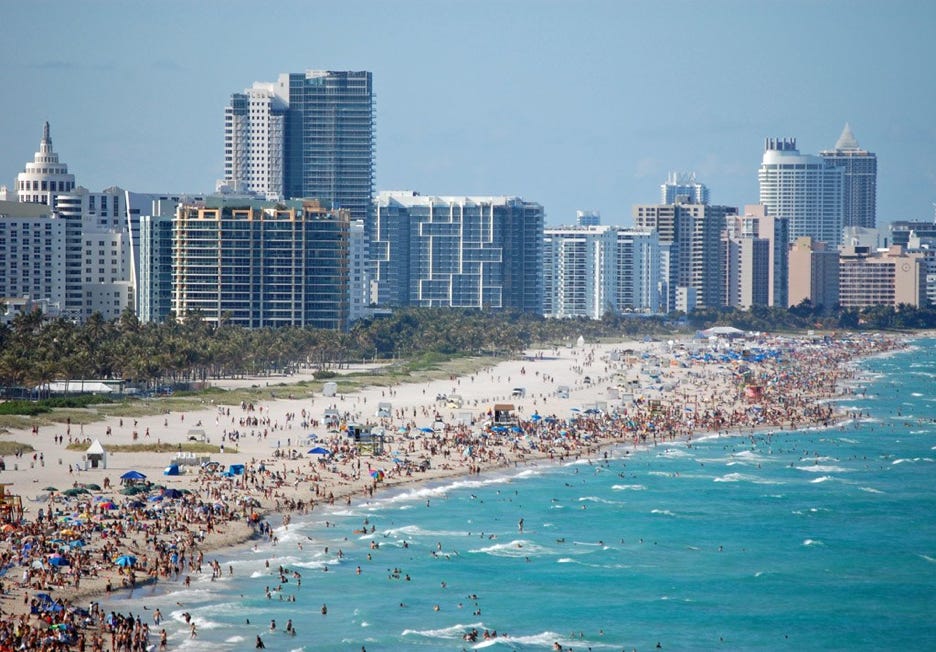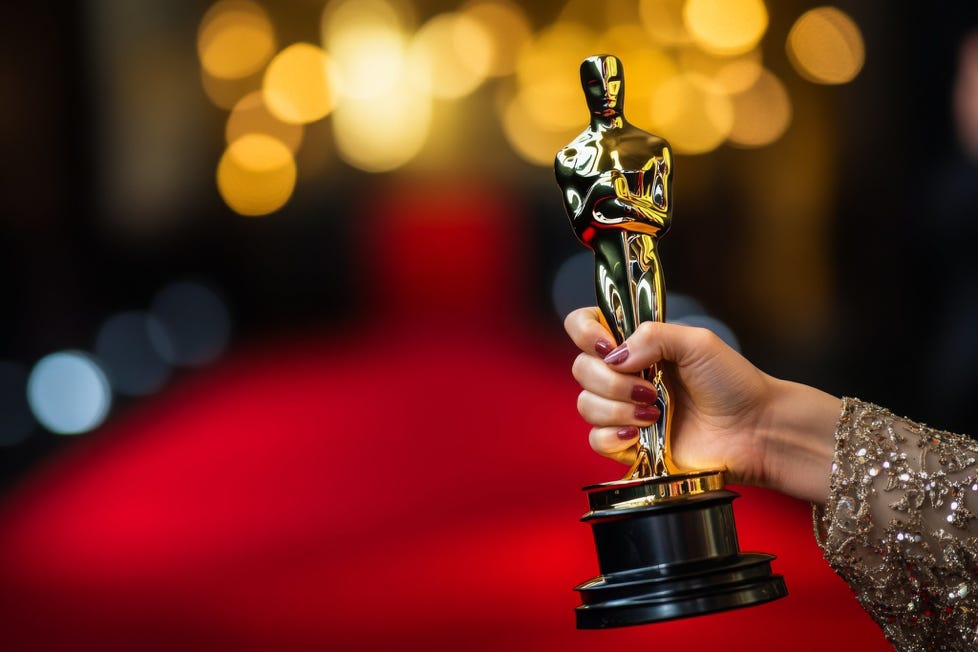03/31/2025
A 7.7 magnitude earthquake struck Myanmar (known as Burma until 1989) and Thailand last week, resulting in much destruction and huge numbers of dead and injured. Among the many countries offering assistance is Israel, which has dispatched disaster-relief experts to the region, including representatives of SmartAID, an Israel-based humanitarian organization. Burma was one of the first Asian nations to recognize the state of Israel, and Israel sent its first ambassador to Burma in 1953. The two countries have cooperated in the areas of arms production and sales as well as agricultural ventures. In 1961, Prime Minister David ben-Gurion visited Burma where he dressed in traditional Burmese clothing and studied Buddhism at a spiritual retreat. The first record of a Jew in Burma was in the 18th century, when Solomon Gabirol served as a commander in the army of King Alaungpaya. The Jewish population peaked at about 2500 members, with a synagogue and a cemetery, where 700 people are buried, but the current Jewish population may be less than two dozen. Where did a portion of Burma/Myanmar’s Jewish population come from?
David Ben-Gurion dressed in Burmese national costume during his visit to Burma. D684-059 is in the public domain via Wikimedia Commons
A. Jews from Cochin in India came to Burma in the middle of the 19th century as merchants and traders, in particular in the cotton and rice industries.
B. After Kristallnacht, many German Jews attempted to flee the country, hoping to go to Palestine. But restrictions on admission by the British mandate government led many to travel elsewhere, including further east into Asia. Approximately 100 of these German immigrants reached Burma in 1939.
C. While the large migration of Russian Jews at the end of the 19th century traveled west, there were some who traveled east, further into Asia. One group of these immigrants reached Burma at around the turn of the century, establishing not only a synagogue and cemetery, but kosher butchers, a mikve, and a yeshiva as well.
D. Many of the Jewish immigrants came from Iraq, having fled from persecution and pogroms in the mid-1800’s.
E. A Jewish peddler traveled with his wife from Poland to Burma in the early 20th century. He noticed that the Burmese people had a lot of facial hair, which they would cut with primitive tools. The peddler, Menachem Zaken, saw an opportunity and began to sell razors (which had been invented by another Jewish immigrant from Poland, Jacob Schick) and cans of shaving cream. Zaken settled in Burma and established a company which he named after his new home. He marketed his products by placing billboards along the roadway, breaking up the wording over a succession of signs. Among his ads were the following: “Ben Met Anna/Made a hit/Neglected beard/Ben-Anna split/Burma-Shave”, “Use our cream/And we betcha/Girls won't wait/They’ll come and getcha/Burma-Shave”, and “Religious Jews/don’t shave their faces/But others want/close razor embraces/Burma-Shave.”
✡ ✡ ✡ ✡ ✡ ✡ ✡ ✡ ✡





